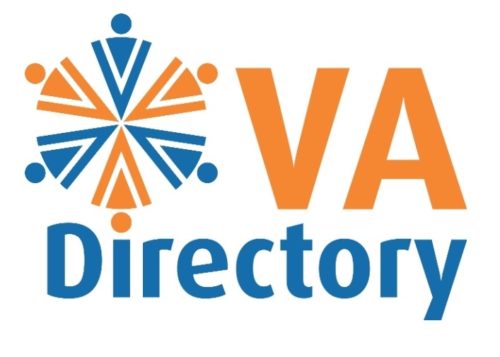That depends on your definition of what a VA is.
The Virtual Assistant industry was birthed in the mid 1990s and consisted of women mainly (at that time) who had been working from home offices as home-based secretaries or administrators or personal assistants for a select number of clients. When technology made it easier for them to be able to support clients without face-to-face connection they became known as Virtual Assistants.
A Virtual Assistant is someone who provides office-based support to a variety of people (clients) including secretarial, administrative, social media, database management, broadcast emails, blog and website management, word-processing, editing and proof-reading and anything else that is mainly computer and internet related. They are independent contractors*, responsible for their own taxes, insurances, software, equipment, etc required to run their VA business. They also service more than one client and, in fact, if they were to only be servicing one client, they could be deemed an employee by the tax department in their country. I highly recommend any VA to ensure they have a tax accountant who can personally advise them on their own financial situation in the state and country in which they live. Never take the advice of someone else what your situation may be, and particularly not from the person who might be providing you with work to do. You are protecting yourself and your clients from ensuring that you are operating as a business providing business-to-business (B2B) services.
A Virtual Assistant should not be confused with a remote worker/employee who is on the payroll of a company and is told how and when they should work (for the most part).
There are so many article writers out there these days giving inaccurate information regarding the status of a VA in terms of employment or engagement. If you see the word ’employee’ in the article you really need to determine what the writer is trying to say and whether they’re giving an accurate description of what a VA is.
In both Australia and the US there are articles through the relevant tax departments that help determine the difference between an employee and an independent contractor*. The Independent Contractors Australia group has a much more extensive questionnaire that helps employers and contractors determine where a contractor sits in this field.
This includes the following with respect to operating your VA business.
- Do you advertise for business?
- Do you own your own equipment?
- Are you responsible for you own work and any defects?
- How do you manage getting paid, i.e. do you invoice for payment or similar?
- Are you responsible for your own leave and insurances?
If your VA business answers yes to these questions then it’s a pretty safe bet that you’re on track for being classed as running a business and being an independent contractor versus being an employee. However, please don’t leave it at that. Make sure you do the research and tests, make sure you have your own accountant advising you. And remember, if you only have one client it is important you explore further as it is highly likely you’ll be seen as an employee and not an independent contractor. Your source of income should be coming from more than one client.
*wikipedia definition of an independent contractor:
An independent contractor is a natural person, business, or corporation that provides goods or services to another entity under terms specified in a contract or within a verbal agreement.

Leave a Reply
You must be logged in to post a comment.